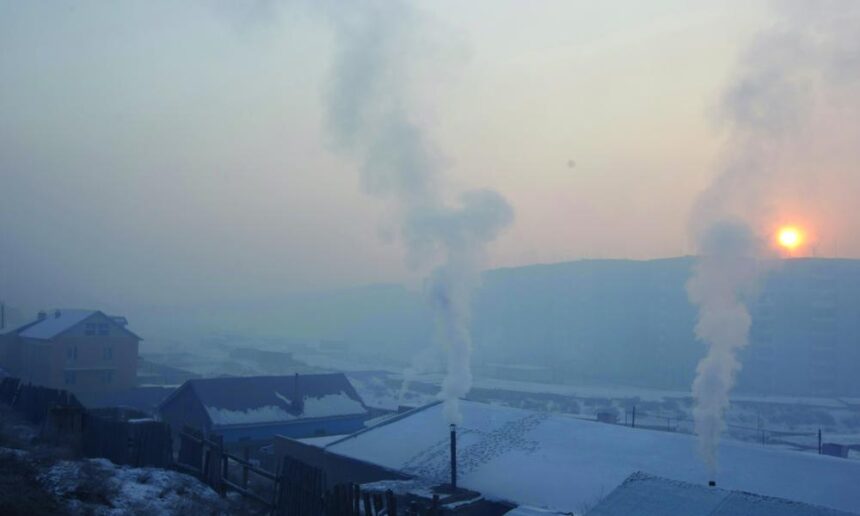If a driver of a motorised vehicle causes a road accident, he or she must repair the resulting damages to the third party’s health or property. No other person may do this in his place. In democratic societies, this is a rule. And one of the many responsibilities of the state is to pass and firmly enforce the related laws: protecting people’s rights, property and safety. These duties should be carried out by private sectors when possible. Making the government carry out this duty should be a last option because a mission handled by the government is always more expensive than the same mission managed by a private party.
Like the Mongolian saying, roughly translated as “By the way, is your herd alive?” our government occasionally remembers its main role. Last week, they began to confer on a draft for driver’s insurance law. This law is supposed to have been already passed and carried out a long time ago. Anyway, it is good news that they have commenced the deliberation process. Better late than never.
It is clear and simple that in an accident the person to cause the damage should cover the costs. The only way humankind has worked out this case so far is to let insurance companies complete the process of identifying the person at fault, holding that person responsible for the damages and making sure the payment actually goes through. Though insurance forms and classifications differ from country to country, generally two basic types of insurance exist.
The first type is compulsory insurance, where the insured party (first party) purchases insurance from an agent (second party) for the possible liability payment in case the insured is held responsible for damages to a third party life, health and property. This insurance serves as a possible liability payment for damages because a vehicle is engaged in traffic and is called “a motor third party liability insurance.” It is usually purchased by the owner during the first time registration of the vehicle required by law and covers the liability payment for damages caused to others’ health, by hitting the car in front or traffic light columns etc. The minimum suggested amount of such level in Mongolia is 5.0 million tugrogs. A single payment is between 300 and 400 thousand tugrogs. This payment can vary depending on the type of the vehicle. In any case, this insurance is valid until the change of the vehicle ownership.
The second type of insurance is not obligatory, but the owner may choose it for a higher liability payment level and or to cover anyone behind the steering wheel of the insured vehicle. This type of insurance is usually paid for the term of one year and extended annually. The payment level or insurance premium depends on the type of the vehicle, the number of doors and the age of the car, as well as the driver’s experience. The premium difference is calculated according to the statistics of the local area, region or country. A person of 40 or more years with some 20 plus years of driving experience pays a smaller premium compared to a 20 year-old driver with almost no experience. The annual reference fee for insurance in many countries is usually determined by the association of insurance companies or the industry association. The main concept of compulsory insurance is to protect your rights as well as those of others in case there is a victim of a road accident. Though it is our right to drive whatever means of transportation we want, it is equally important to not impinge on others’ freedom and property. Some countries require these insurances at the event of an accident only. If you cannot prove that you are insured, your driver’s licence and vehicle are both confiscated until the damages to the other party are paid off completely. The insurance brand or whether the insurance is driver-tied or vehicle-tied does not matter much. We Mongolians urgently need to insure ourselves against motorised vehicle damage payments.
We do not need to invent the wheel here; we just need to try solving our issues by applying the lessons and experiences of other countries to our tough reality.
Translated by J.Ariunaa
2011.05.25
Unoodor newspaper







